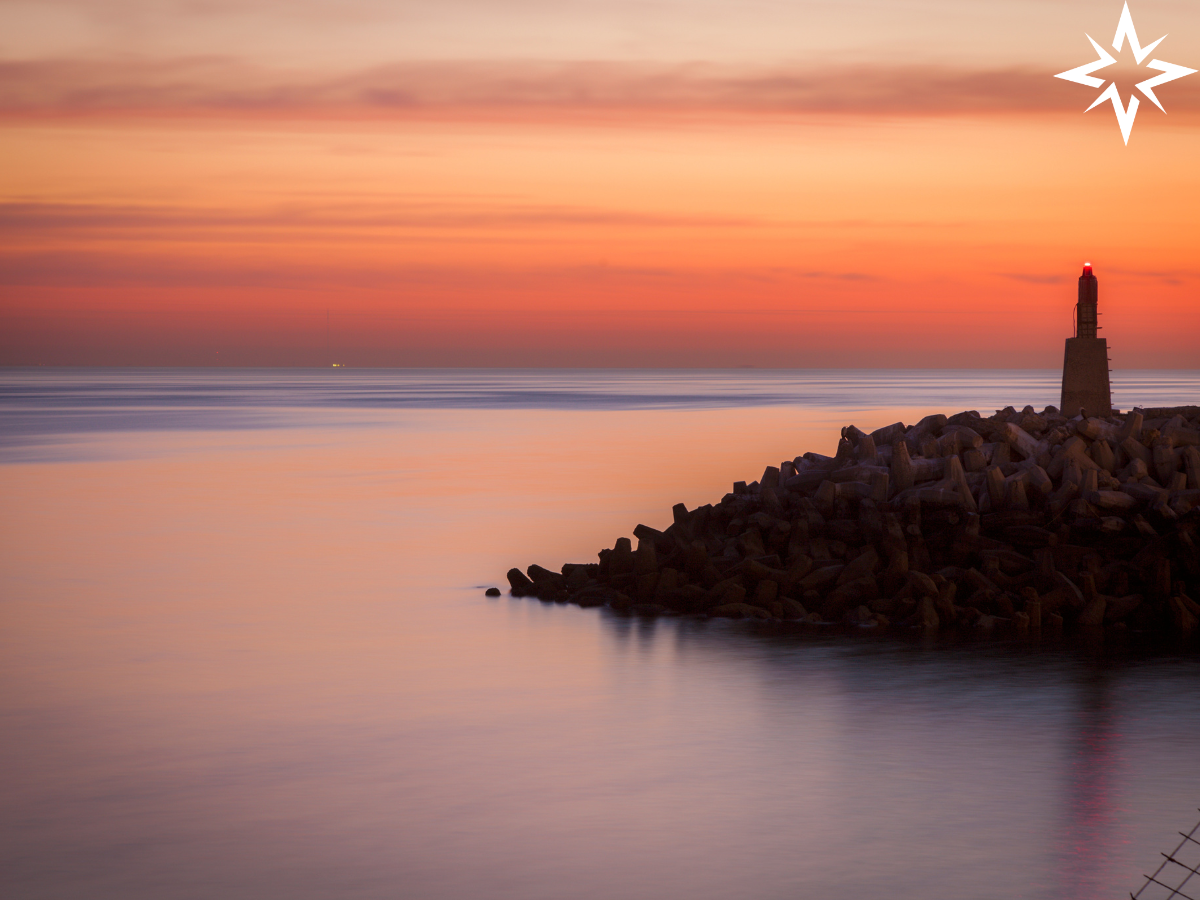A Christian School in a Muslim Country
by Aaron Cady
Sunrise in Kuwait City by benkrut from Getty Images
Created in Canva
When most people hear about Kuwait, they think of the war fought there in the 1990s. Thoughts of a vast, barren desert and the searing heat also come to mind. All that is true, but Kuwait is also so much more. Located in the northeast of the Arabian Peninsula, Kuwait is approximately equal in landmass to the state of Hawaii. Much of Kuwait is desert, but some cities and oases have sprung up. Most of the country’s population lives in Kuwait City, the capital, making this emirate one of the world’s most urbanized countries.
The ruling family established a sheikhdom (or kingdom) in 1756. From 1889 to 1961, Kuwait was a British protectorate. Thirty years later, Iraq invaded in an attempt to take over Kuwait’s oil. Approximately one-tenth of the world’s proven oil reserves are in Kuwait, making it a very rich nation. Kuwait has high per-capita earnings and Kuwaiti nationals receive benefits from the government. However, Kuwaitis are a minority in their own country. Two-thirds of the population is expatriate workers, coming mostly from Southeast Asia.
Kuwait, along with the rest of the Arabian Peninsula, is primarily Muslim. Around 75% of the population are Muslims, and nearly all citizens are Muslims. The majority are Sunni Muslims, but some are Shi’ite Muslims, which leads to discrimination against the Shi’ites and political tension. The country’s official language is Arabic, but English is widely spoken.
Lighthouse Academy is an English-speaking Christian school in Kuwait. This makes the school different, but it doesn’t affect the school. “I don’t think being in a Muslim country affects my school. Yes, we aren’t technically accredited because we don’t teach Islam, but there are many other things we offer,” said a seventeen-year-old senior at the school. “Being in a Christian school in a Muslim country is a privilege because you get to be around people in the same faith. People who are there for you, to build you up, and help you when it comes to learning about Christ. Teachers play a huge role, especially because they are the ones who teach us about God from a very young age.”
Lighthouse Academy, like Kuwait, has a diverse makeup. Students come from all over the globe. Having so many cultures in one place doesn’t affect the school, but sometimes Kuwaiti culture can impact small parts of life. “Kuwaiti culture does mix mainly when it comes to food, to be honest. We have such a wide variety of foods ranging from Indian, Chinese, Kuwaiti and Arab dishes,” said the same student. Sometimes Kuwaiti and Islamic holidays are celebrated. “We get different holidays off. I can’t name them all, but I know that the majority of the holidays we get are because they are either Muhammad’s birthday or some different prophet’s birthday... The one time we celebrate Kuwaiti culture would have to be Kuwait’s independence day which is on February 25-26.” Other holidays, such as Thanksgiving, Christmas, and Easter are also celebrated.
Lighthouse Academy sticks out, but it has kept its identity in a different culture. To its students, Lighthouse is a blessing. Lighthouse has clearly had an impact on its students. Hopefully, it can continue to do so for years to come.
Sources cited:
Anthony, John Duke, et al. “Kuwait.” Encyclopædia Britannica, Encyclopædia Britannica, Inc., 24 Oct. 2019, www.britannica.com/place/Kuwait.
Aaron Cady is a junior at NorthStar and has been part of the school for five years. He has written for the Navigator for two years. Aaron loves writing, sports, and any mixtures of the two. Aaron hopes to pursue a career in writing or journalism when he graduates.

